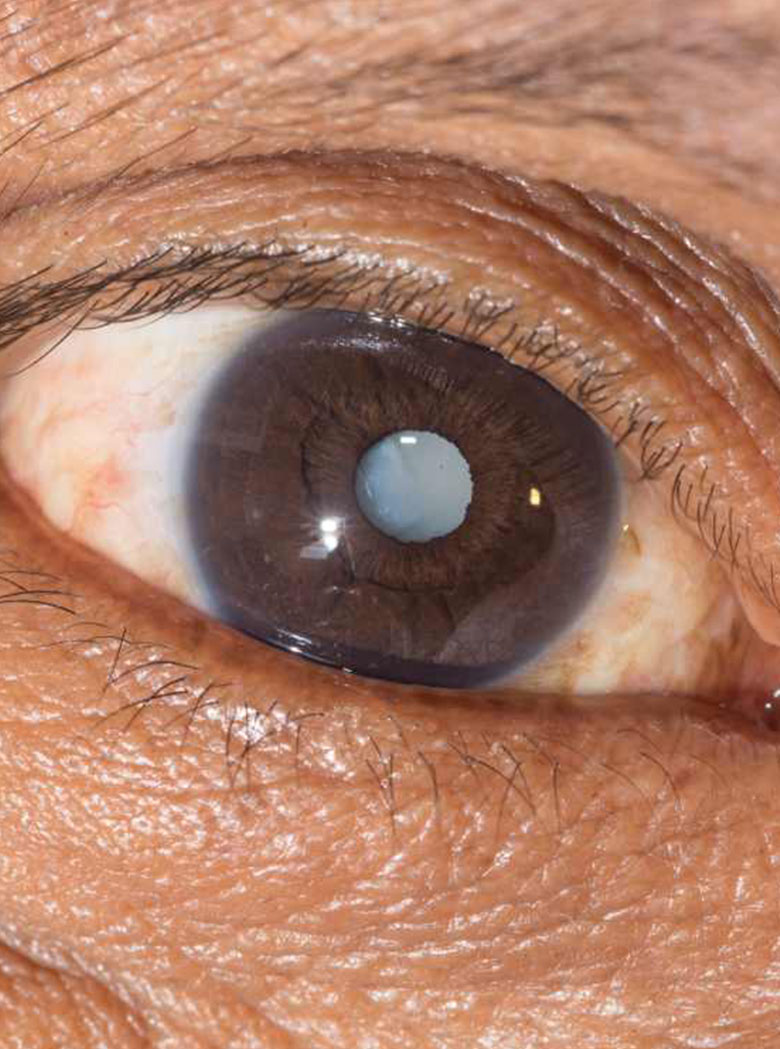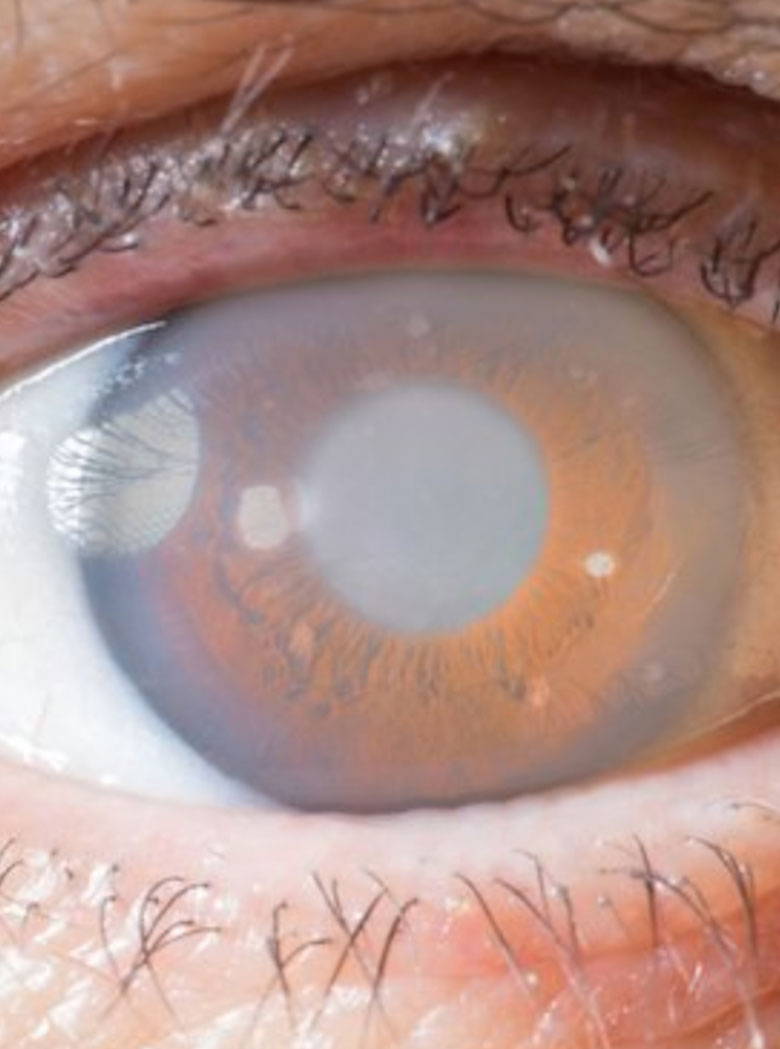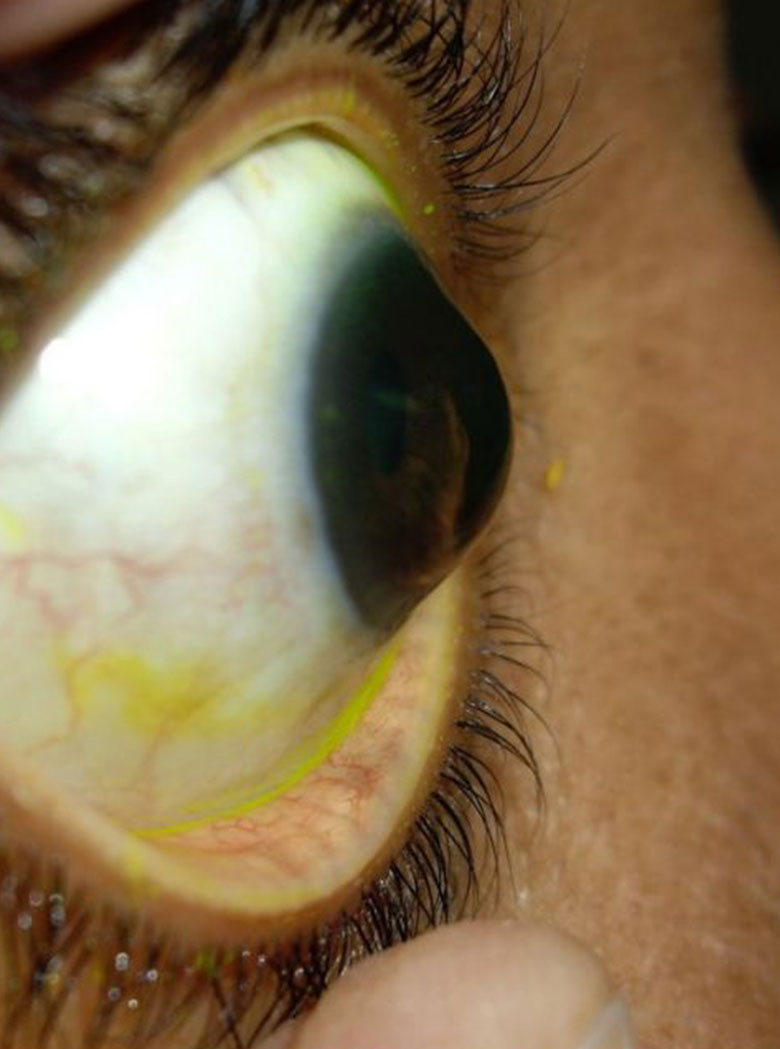
Cataract: Diagnosis & treatment
- Our ophthalmologist will examine and test your eyes to make a cataract diagnosis. This comprehensive eye exam will include dilation.
- Cataracts can only be treated by surgery. Cataract surgery is one of the most common and successful procedures performed globally.
- If your cataract symptoms are not too severe, you don’t have to remove a cataract immediately. You might just need a new eyeglass prescription to help you see better. But you must consider surgery when cataracts disturb your activities of daily living.
- During cataract surgery, our ophthalmologist will remove the cloudy natural lens in your eye via microsurgery. It will be replaced with an artificial lens called an intraocular lens (or IOL).
- Cataracts are a very common reason people lose vision, but they can be successfully treated, and you can have your vision restored. Book an appointment with Afrovision Eye Clinic to discuss your cataract symptoms and together we can decide whether you are ready for cataract surgery.
Glaucoma: Diagnosis & treatment
- Checking eye pressure alone is not enough to diagnose glaucoma. Our practice is equipped with the tools to make a diagnosis of glaucoma including:
∙ measuring your eye pressure
∙ examining your optic nerve for damage
∙ testing your peripheral vision
∙ structural assessment of your optic nerve
∙ measurement of the thickness of your cornea - Glaucoma damage is permanent and irreversible. Treatment is aimed at stopping further damage.
- To treat glaucoma, our ophthalmologist may use one or more of the following treatments:
∙ Glaucoma is usually controlled with eyedrop medications, which are used once or twice a day to lower eye pressure.
∙ Laser surgery may help to drain the fluid from the eye, reducing the eye pressure.
∙ Glaucoma surgery can be performed in an operating room to create a new drainage channel for the eye fluid to leave the eye and reduce eye pressure.


Keratoconus: Diagnosis & treatment
- Keratoconus can be diagnosed through a routine eye exam and measuring the curvature of the cornea.
- At Afrovision Eye Clinic, we map your cornea’s surface using a special computer. This detailed image shows the condition of the cornea’s surface
- Keratoconus treatment depends on your symptoms. When your symptoms are mild, your vision can be corrected with eyeglasses. Later you may need to wear special hard contact lenses to help keep vision in proper focus.
- At Afrovision, we also offer collagen cross-linking. Our ophthalmologist uses a special UV light and eye drops to strengthen the cornea. Doing this helps to flatten or stiffen your cornea, stopping progression of keratoconus.
- If the cornea is scarred, you may need a corneal transplant, where all or part of your diseased cornea is replaced with healthy donor cornea tissue.
